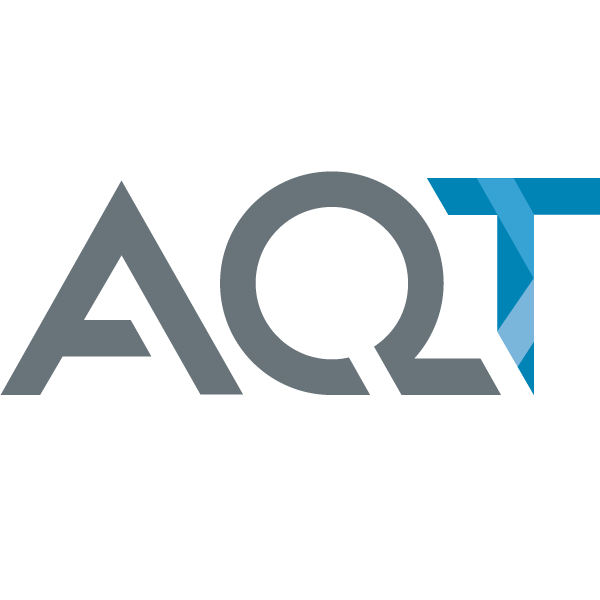Actions taken by AQT regarding the CDAE-IA
Actions taken by AQT regarding the CDAE-IA
Longueuil (Québec), September 4, 2025 – The replacement of the CDAE tax credit with the new Electronic Business Development Tax Credit – Artificial Intelligence (CDAE-AI) raises significant concerns and is expected to have considerable negative impacts on Québec’s technology ecosystem.
Over the past several months, with the support of BDO Canada, AQT has conducted an extensive consultation to document the effects of these changes. We thank the nearly 100 companies that responded to our survey and the close to 60 participants who took part in our roundtables and consultation groups. This work is ongoing, with particular attention given to companies offering IT services compared with those providing marketable products.
Through these forums, we have been able to communicate the repercussions of the changes to the government and submit our recommendations.
This summer, we also filed a report with the Québec government proposing alternatives to the new tax measures associated with the CDAE-AI.
Key Findings
-
Digital Transformation: The importance of continuing digital transformation efforts, which will lead to greater integration of artificial intelligence.
-
Low AI Adoption: According to Statistics Canada, only 61% of Canadian companies were using AI in 2024 — a figure similar to those seen in other OECD countries.
-
Limited Capacity: Few companies are able to integrate AI independently, and there remains a heavy reliance on foreign solutions.
-
Challenges to Overcome: The need for specialized talent, adapted digital infrastructures, and rigorous risk-management capacity (security, privacy, ethics).
-
Uncertainties and Risks: Vague definitions, insufficient timelines, risk of job offshoring, and superficial AI adoption.
Above all, there is a risk of penalizing Québec technology companies — and the economy more broadly — by withdrawing a tax credit from organizations that do not necessarily integrate AI into their digital transformation projects, even though they are engaging in other forms of meaningful innovation. The digital transformation offensive (OTN) must continue to be supported by strong incentives, such as the CDAE, to drive the modernization of Québec’s economy.
AQT Recommendations
-
Define AI inclusively: Cover all existing technologies (LLMs, generative models, expert systems, OR, etc.) as well as future ones.
-
Broaden qualification criteria for the CDAE-AI:
-
Recognize structured integration efforts (products, services, internal processes).
-
Include employee training and certification.
-
-
Track AI integration progress: Use it as an indicator for ongoing measurement.
-
Adapt evaluation by sector: Account for industries subject to strict regulations (healthcare, finance, law, etc.).
-
Recognize “technological evolution” as an eligible component of development.
In Summary
AQT is proposing a more flexible, realistic, and equitable framework for the CDAE-AI. The objective is to encourage a planned and sustainable adoption of AI, to prevent the loss of specialized talent, and to support the competitiveness of all Québec companies. For these businesses, AI adoption is a gradual process, while the needs for digital transformation remain multiple and urgent.
